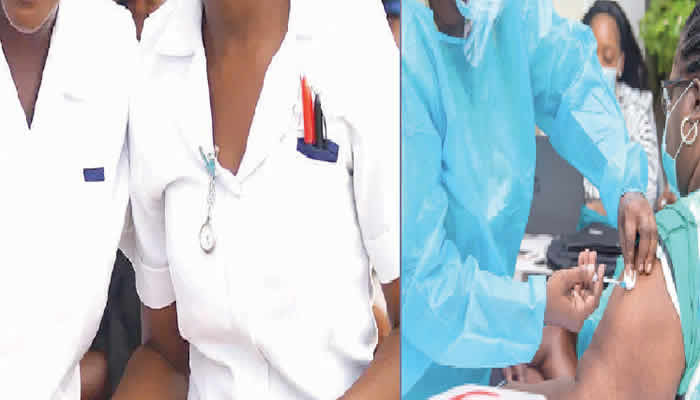By Peter Omopo
Abuja, July 11, 2025 — The National Association of Nigerian Nurses and Midwives (NANNM), Federal Health Institutions (FHI) chapter, has rejected a recent circular issued by the National Salaries, Income and Wages Commission, describing it as unfair and dismissive of the critical role nurses play in the country’s healthcare system.
The controversial circular — No. SWC/S/04/S.218/III/646, dated June 27, 2025 — titled “Review of Allowances for Medical/Dental Officers in the Federal Public Service”, reportedly failed to include nurses in key adjustments to medical allowances, sparking outrage within the nursing community.
Speaking after an emergency National Executive Council (NEC) meeting held in Abuja on Thursday, NANNM-FHI President, Comrade Morakinyo-Olajide Rilwan, criticised the commission for issuing the circular without consultation, despite nurses forming between 60 and 70 per cent of the federal healthcare workforce.
“The circular is not only discriminatory but also fails to address long-standing allowances due to nurses, including shift duty, uniform, specialist, call duty, and retention allowances,” Rilwan said.
He decried the fact that nurses still receive only 8.5 per cent as shift allowance, despite a 2009 circular that approved 30 per cent of basic salary for such duties.
“Our members work grueling hours in high-risk environments and deserve to be fairly compensated,” he said.
Rilwan further highlighted the challenges nurses face with uniforms, noting that due to infection control protocols, nurses are often required to change multiple times daily. “Uniforms are not a luxury; they are a necessity. At a minimum, nurses should be entitled to three uniforms weekly,” he added.
The union president also faulted what he called the “selective application” of specialist allowances, stressing that nurses with advanced and specialist training should not be excluded from benefits granted to other healthcare professionals.
He urged the Federal Government to urgently address the growing trend of nurse migration, warning that poor working conditions and unequal remuneration are forcing highly trained nurses to seek better opportunities abroad.
Rilwan called for a revision of the circular and a more inclusive approach that recognises the indispensable contributions of nurses to Nigeria’s healthcare delivery system.

